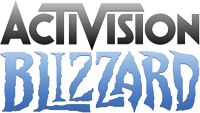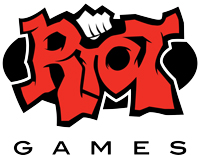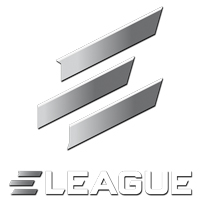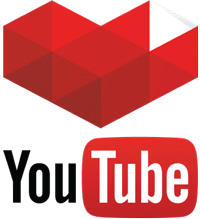Editor's Note: This story is revised from the print edition.
ESL
■ Headquarters: Cologne, Germany
■ Launched: 2000
Known as the world’s largest eports event organizer, ESL launched its U.S. studio in Burbank, Calif., in 2014, and is majority-owned by Swedish media conglomerate MTG.
The company has operated more than 3,500 tournaments and paid out over $19 million in prize money. It owns and operates the 59-event Intel Extreme Masters and the 20-event ESL One Series, and runs events for game makers, including Riot’s “League of Legends” and Blizzard Entertainment’s “Overwatch.”
It signed a partnership this month with former Fox TV executive David Hill, who will train ESL production teams and on-air talent. Corporate partners are Intel, Red Bull, BenQ, Blizzard, Twitch, Riot, Wargaming.net and Smart Checker.
Activision Blizzard Inc.
■ Headquarters: Santa Monica, Calif.
■ Launched: 2008
Through its publishing divisions, the interactive entertainment conglomerate has developed iconic video game titles such as “Call of Duty,” “World of Warcraft,” “Heroes of the Storm,” and in 2016, launched the instant hit “Overwatch.” In 2015, Activision Blizzard got into the media side of esports too, acquiring New York City-based event organizer Major League Gaming. MLG.tv is now being developed as a competitor to Twitch, and the company is trying to sell franchises in a new, buzzy “Overwatch” competitive league.
Riot Games
■ Headquarters: Los Angeles
■ Launched: 2006
The 11-year-old game maker is best known for its “League of Legends” franchise, the most popular game in the world with 100 million monthly players and robust pro leagues on three continents. In December, it signed a blockbuster deal with MLBAM’s BAMTech subsidiary that gives the Major League Baseball spinoff exclusive rights to create a dedicated viewing app for fans and to sell sponsorships and ads. Its expected move to begin awarding permanent spots in its leagues, rather than its current relegation-and-promotion system, could reshape the entire esports world. Last March, Riot acquired game maker Radiant Entertainment.
Twitch
■ Headquarters: San Francisco
■ Launched: 2011
The spinoff from video streaming service Justin.tv quickly became a popular way to watch live gaming streams online. The network was acquired by Amazon for $970 million in September 2014 (a deal to be acquired by Google had fallen through earlier that summer). While new competitors are gunning for its streaming dominance, it remains the destination of choice for anyone who wants to watch others play video games.
Facebook Live
■ Headquarters: Menlo Park, Calif.
■ Launched: 2015
The medium’s newest competitor scored somewhat of an upset in January by securing exclusive streaming rights to Blizzard’s Heroes of the Dorm tournament, which had aired on ESPN the past two seasons. The tournament sees college teams across the U.S. and Canada competing for a chance to win free tuition at their university. Spanish team G2 esports and its players began delivering content on Facebook Live this month, making it the first time an esports team has streamed on the site.
ELeague
■ Headquarters: Atlanta
■ Launched: 2015
The professional “Counter-Strike: Global Offensive” league that began broadcasting last summer on TBS, and simulcasting on Twitch, is a joint venture between Turner Broadcasting and talent agency WME-IMG. Matches are played at the Turner Studios facility in Atlanta. It’s had some success selling sponsorships for $2 million each, doing deals in 2016 with Arby’s, Credit Karma, Buffalo Wild Wings, Hyper-X (headphones), Domino’s and Snickers. This year, Dell and G Labs have signed on.
YouTube Gaming
■ Headquarters: Los Angeles
■ Launched: 2015
The Google-owned video streaming company recently won exclusive English-language streaming rights to the ESL Pro League this year.










